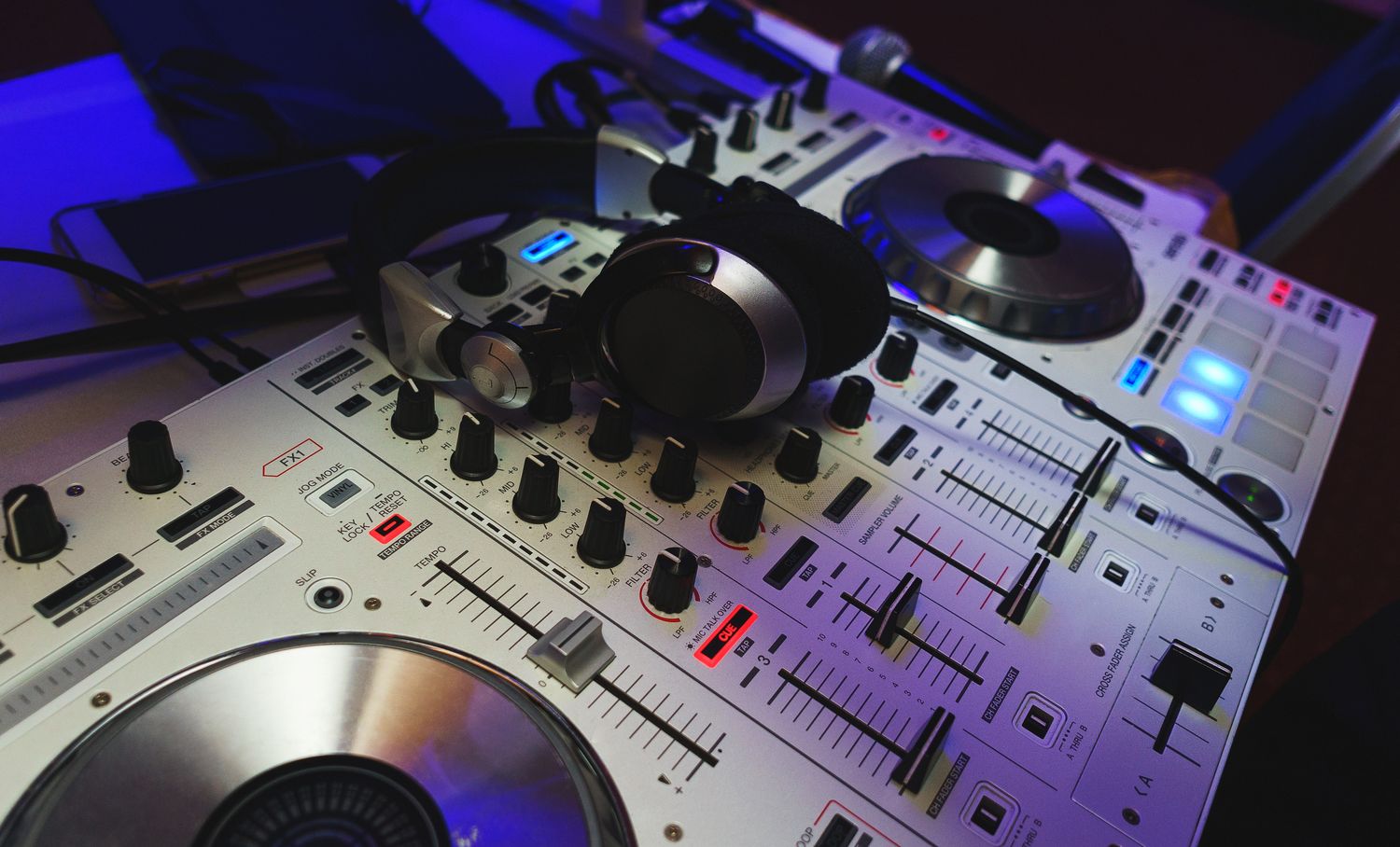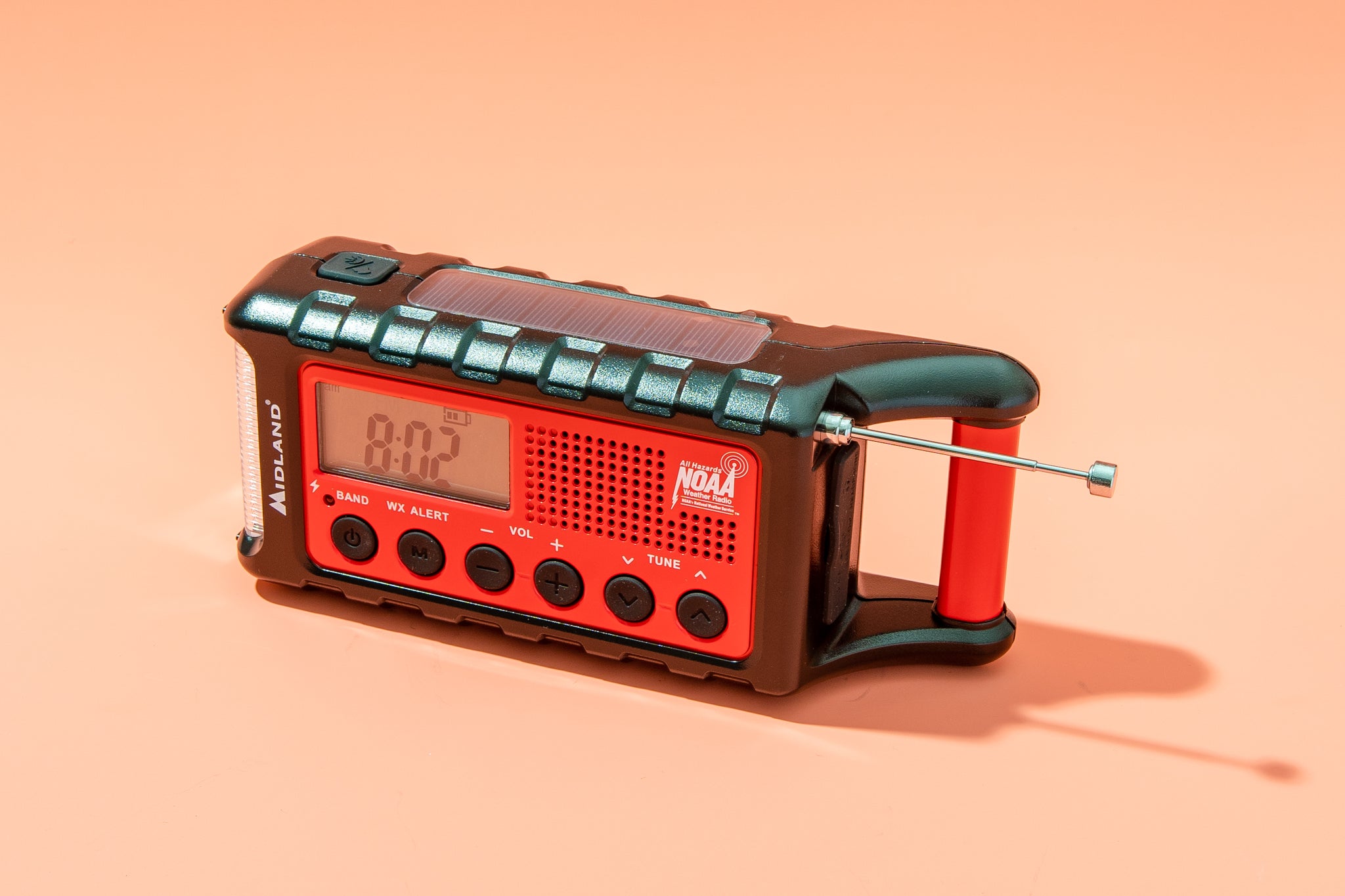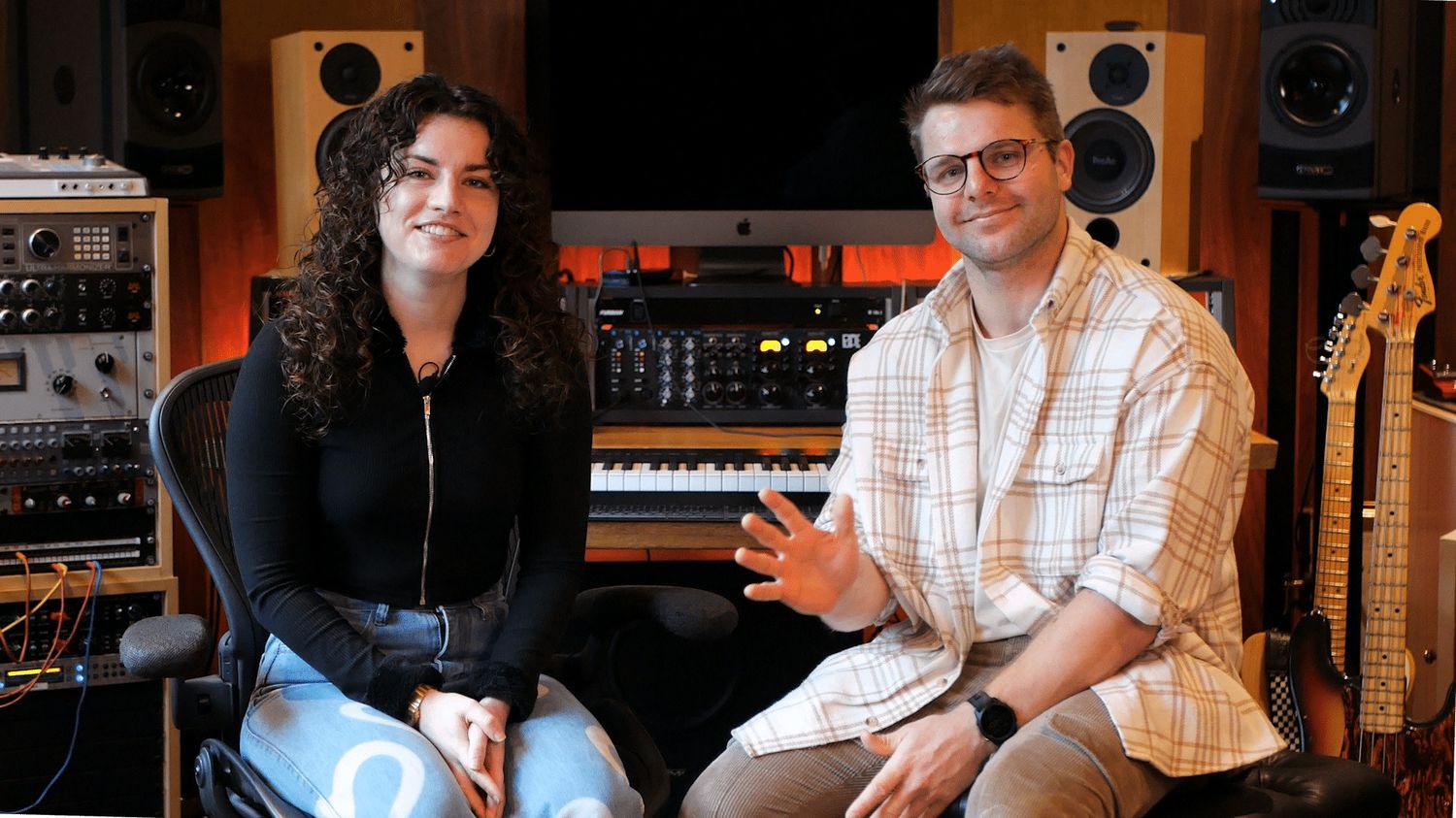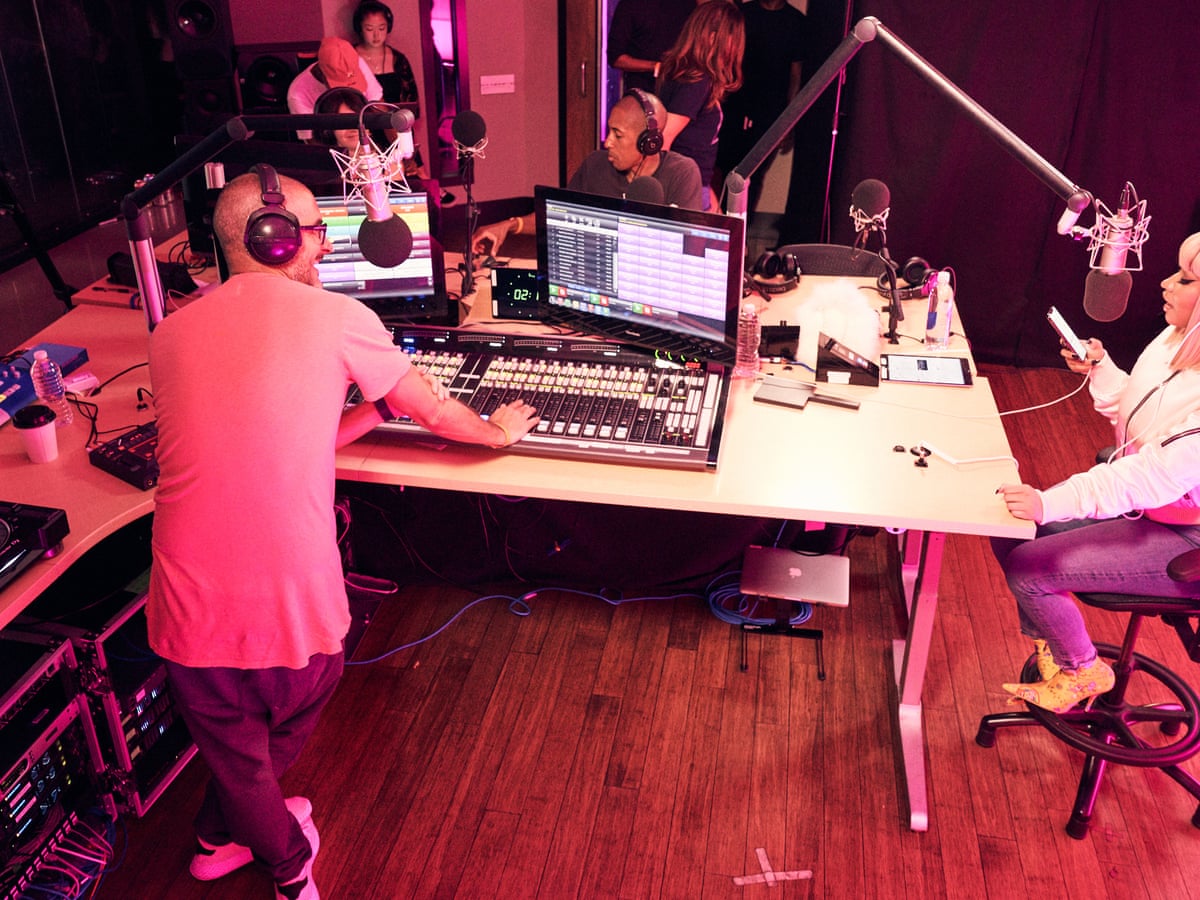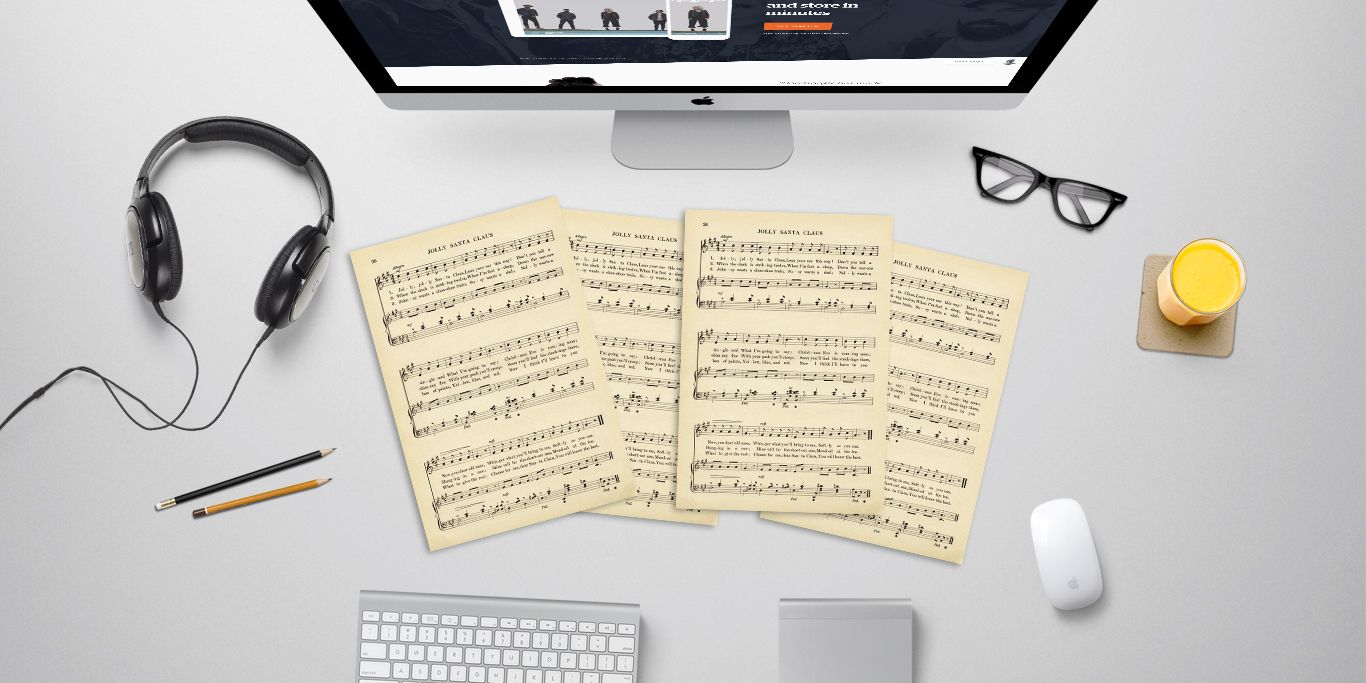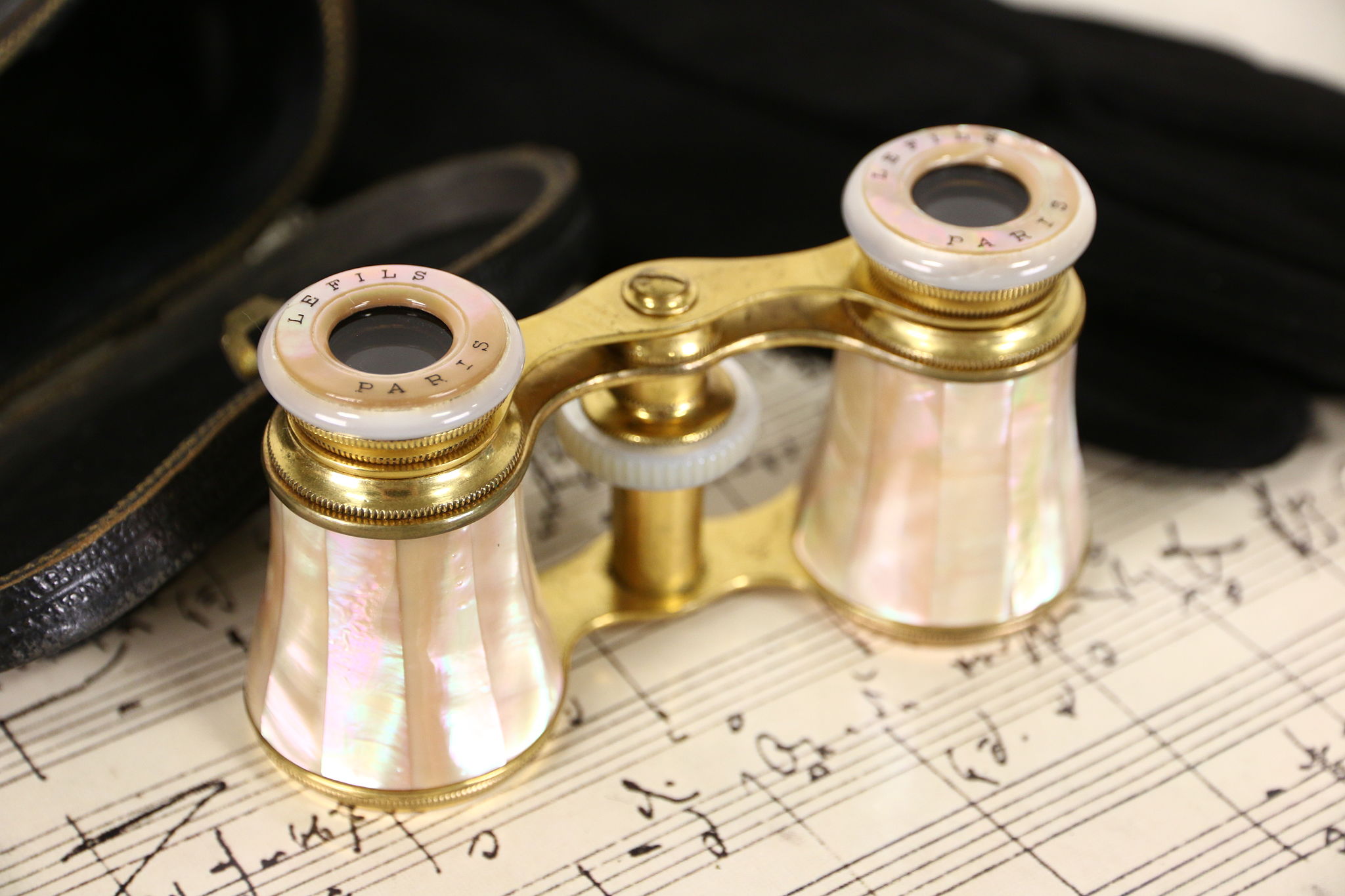Home>Events & Info>Podcast>Where Can I Record A Podcast
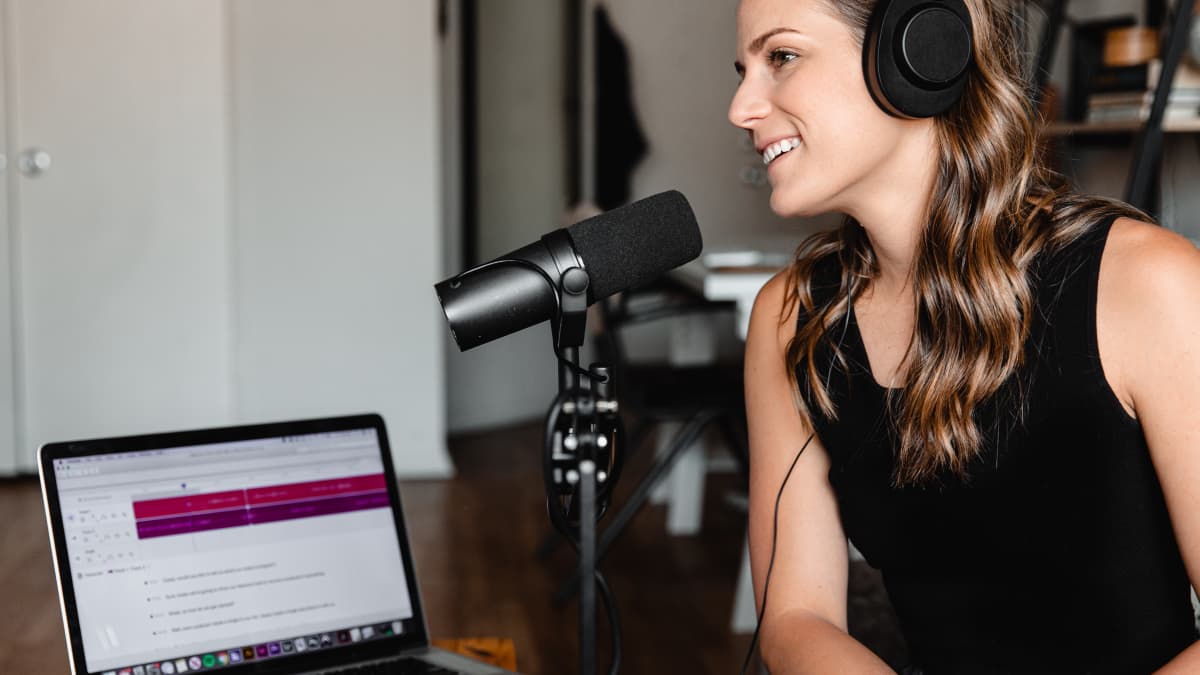

Podcast
Where Can I Record A Podcast
Modified: January 26, 2024
Looking to record a podcast? Discover the best places to record your podcast and start sharing your unique voice with the world.
(Many of the links in this article redirect to a specific reviewed product. Your purchase of these products through affiliate links helps to generate commission for AudioLover.com, at no extra cost. Learn more)
Table of Contents
Introduction
Podcasting has become an incredibly popular medium for sharing information, entertainment, and storytelling. Whether you’re a seasoned podcaster or just starting out, you’ll need a place to record your podcast. Fortunately, there are various options available to accommodate different budgets and preferences.
In this article, we will explore some of the best places where you can record your podcast. From home recording to professional studios, co-working spaces to community centers, there are plenty of options to choose from based on your needs.
So, whether you prefer a cozy atmosphere in the comfort of your own home or a professional setting equipped with top-notch equipment, read on to discover the ideal place for your podcast recording.
Before we dive into the various locations, it’s important to note that different factors such as budget, accessibility, equipment, and privacy may influence your decision. Consider these factors as we explore the different options available to you.
Home Recording
Recording your podcast at home offers convenience, comfort, and cost-effectiveness. With advancements in technology, it is now easier than ever to set up a professional-quality recording studio in the comfort of your own space.
To create a suitable recording environment at home, consider the following:
- Dedicated Space: Choose a quiet and secluded room in your home where you can control external noises as much as possible. This could be a spare bedroom, basement, or even a well-insulated closet.
- Acoustics: Improving the acoustics of your recording space is crucial to ensure high-quality audio. You can invest in soundproofing materials like foam panels or DIY solutions such as rugs and curtains to minimize echo and unwanted noise reflections.
- Microphone and Equipment: Invest in a good-quality microphone that suits your recording needs. There are several options available, including USB microphones that plug directly into your computer or XLR microphones that require an audio interface.
- Recording Software: Choose a reliable recording software that allows you to capture and edit your podcast. Popular options include Audacity (free), Adobe Audition, and GarageBand (for Mac users).
- Headphones and Pop Filter: Invest in a good pair of headphones to ensure accurate monitoring of your audio. A pop filter placed in front of your microphone will help reduce plosive sounds like “p” and “b” sounds.
While home recording provides flexibility and convenience, it does have a few challenges. The most common issue is background noise, which can be mitigated by scheduling recordings during quieter times of the day and using noise reduction techniques in post-production.
Overall, home recording is an excellent option for podcasters on a budget and those who prefer the convenience of recording at their own pace. With the right equipment and a suitable recording environment, you can produce professional-quality podcasts from the comfort of your home.
Professional Recording Studios
If you’re looking for a high-quality recording experience with top-notch equipment and professional sound engineers, recording studios are the perfect choice. These studios are specifically designed to provide optimal sound quality and ensure a polished finished product.
When opting for a professional recording studio, consider the following:
- Equipment: Recording studios are equipped with state-of-the-art audio gear, including high-end microphones, preamps, and mixing consoles. This ensures that your podcast recordings will have exceptional sound quality.
- Soundproofing and Acoustic Treatment: Professional studios invest heavily in creating the perfect acoustic environment. They have specialized soundproofing materials and acoustic treatment to minimize external noise and improve the overall sound quality of your recordings.
- Sound Engineers: Most professional studios provide experienced sound engineers who can assist with setting up the equipment, adjusting levels, and providing technical expertise. They can help you achieve the best possible sound for your podcast.
- Additional Services: Some recording studios may offer additional services such as mixing, mastering, and even podcast editing. This can save you time and effort in post-production and ensure a polished final product.
While professional recording studios offer undeniable benefits in terms of equipment and expertise, they can be more expensive compared to home recording or other options. However, if you have the budget and want to create a professional-sounding podcast, the investment in a studio is well worth it.
Additionally, recording in a studio provides a dedicated and distraction-free space, allowing you to focus solely on your podcast recording. This can help improve the overall quality and efficiency of your sessions.
Professional recording studios are a great option for podcasters who prioritize top-notch audio quality, have a higher budget, and value the expertise of experienced sound engineers. If you’re aiming for a polished and professional-sounding podcast, consider booking time at a recording studio.
Co-working Spaces
Co-working spaces have become increasingly popular in recent years, offering a flexible and collaborative environment for freelancers, entrepreneurs, and remote workers. These shared workspaces often include amenities such as meeting rooms and private booths, making them a viable option for recording your podcast.
Here are some reasons why co-working spaces may be a suitable choice for podcast recording:
- Quiet and Professional Environment: Co-working spaces are designed to provide a calm and focused atmosphere for work. Many spaces also offer soundproofed meeting rooms or private pods that can be used as recording studios, ensuring a quiet and professional environment for your podcast.
- Networking Opportunities: Sharing a workspace with other professionals can lead to valuable networking opportunities. You may meet potential guests for your podcast or even collaborate with other podcasters. Co-working spaces foster a sense of community and can enhance your podcasting journey.
- Amenities and Resources: Co-working spaces often provide access to amenities such as high-speed internet, printing facilities, and refreshments. Some spaces may also have basic recording equipment available for use, saving you the hassle of bringing your own gear.
- Flexible Access: Most co-working spaces offer flexible membership plans, allowing you to rent a space for a few hours or on a monthly basis. This flexibility enables podcasters to utilize the space according to their recording schedule and budget.
When considering a co-working space for podcast recording, it’s important to inquire about their specific amenities and facilities. Some spaces may have dedicated recording rooms equipped with microphones and audio interfaces, while others may require you to bring your own equipment.
It’s also worth noting that while co-working spaces strive to create a quiet environment, there might still be some background noise. Be sure to test the space’s suitability for recording before committing to it for your podcasting needs.
Overall, co-working spaces can be an excellent option for podcast recording, providing a professional environment, networking opportunities, and access to necessary resources. Consider exploring co-working spaces in your area to find the perfect space for your podcasting journey.
Community Centers
Community centers are often overlooked as potential locations for podcast recording, but they can offer a unique and cost-effective option for podcasters. These centers serve as hubs for various community activities and often have dedicated spaces that can be utilized for recording podcasts.
Here are some reasons why community centers may be a suitable choice for your podcast recording:
- Affordability: Community centers typically offer affordable rates or even free access to their facilities. This can be particularly beneficial for podcasters on a tight budget who are looking for cost-effective recording options.
- Versatility: Community centers often have multipurpose rooms or meeting spaces that can be transformed into podcast recording studios. These rooms are generally equipped with tables, chairs, and basic amenities, providing a suitable environment for your podcasting needs.
- Inclusivity: Community centers are designed to be inclusive and accessible to all members of the community. Choosing a community center as your podcast recording location allows you to engage with and support local initiatives while also expanding your audience reach.
- Networking and Collaboration: Being located within a community center can open doors to collaborations and connections with like-minded individuals and organizations. You may find potential guests for your podcast or even opportunities to contribute to community events.
When considering community centers for podcast recording, it’s important to reach out to the center’s management or administration to inquire about their facilities and availability. Some centers may have dedicated rooms or spaces specifically designed for recording, while others may require you to bring your own equipment.
Keep in mind that community centers are often bustling with activity, and background noise may be a concern. However, with proper scheduling and planning, you can find time slots that offer a quieter environment for your recordings.
Overall, community centers can be an underrated gem for podcast recording. They provide an affordable and inclusive space, foster community engagement, and offer networking opportunities. Consider exploring local community centers to discover hidden podcasting studios in your area.
Libraries
Libraries have long been revered as quiet and peaceful spaces for reading and studying, but they can also serve as excellent locations for podcast recording. With their serene atmosphere and dedication to promoting knowledge and creativity, libraries offer a unique option for podcasters seeking a tranquil and resourceful setting.
Here are some reasons why libraries may be a suitable choice for recording your podcast:
- Quiet and Controlled Environment: Libraries are known for their emphasis on maintaining a noise-free environment. This makes them ideal for recording high-quality podcasts without interruptions or outside distractions.
- Access to Resources: Libraries typically provide access to a wide range of resources, such as books, research materials, and digital archives. These resources can be valuable for podcasters looking to incorporate research and expert insights into their episodes.
- Audio-Friendly Spaces: Many libraries offer private study rooms or designated quiet areas where you can set up your recording equipment. These spaces may have comfortable seating, tables, and even soundproofing materials to enhance the audio quality.
- Community Support: Libraries are often deeply rooted in the community, and recording your podcast in such a space can help foster community connections. You may find opportunities to collaborate with library staff or even feature local authors and experts as guests on your podcast.
When considering a library for podcast recording, it’s important to respect the rules and guidelines of the specific library. Reach out to the library staff in advance to inquire about their policies on recording and to reserve a suitable space for your sessions.
While libraries are generally quiet, there may still be some minimal ambient noise or activity. It’s important to do a sound check beforehand to ensure that the recording environment meets your standards and requirements.
Overall, libraries offer a serene and knowledge-rich setting for podcast recording. Their dedication to quiet spaces and access to valuable resources can greatly enhance the quality and content of your podcast episodes. Consider exploring your local library as a unique and inspiring location for recording your podcast.
Radio Stations
Radio stations are an ideal option for podcasters looking for a professional setting with high-quality equipment and technical support. These stations are designed to produce top-notch audio content and often have dedicated recording studios that can be utilized by podcasters.
Here are some reasons why radio stations may be a suitable choice for podcast recording:
- Professional Equipment: Radio stations are equipped with industry-standard audio gear, including high-quality microphones, soundboards, and recording software. Utilizing these tools can significantly elevate the sound quality of your podcast.
- Technical Support: Radio stations have experienced sound engineers who can assist with setting up the equipment, managing audio levels, and offering guidance on improving the overall production value of your podcast.
- Soundproofing and Acoustics: Radio studios prioritize sound quality and invest in specialized soundproofing materials and acoustic treatments. These measures ensure that your recordings are free from unwanted background noise and echo.
- Promotion and Exposure: Collaborating with a radio station can provide exposure and opportunities to reach a larger audience. Some stations may offer promotional support, featuring your podcast on their platforms or collaborating on joint marketing efforts.
- Potential Collaboration: Radio stations often have hosts, producers, and other podcasters within their network. Engaging with the station can lead to valuable collaborations and networking opportunities.
When considering a radio station for podcast recording, it’s important to reach out to the station management or the designated contact person responsible for podcasters. Discuss your requirements, time slots, and any potential fees or arrangements for using their facilities.
It’s worth mentioning that radio stations may have specific guidelines or policies regarding content and format. Ensure that your podcast aligns with their guidelines and make any necessary adjustments to comply with their standards.
Overall, radio stations provide a professional and well-equipped environment for podcast recording. Leveraging their resources, technical expertise, and potential for promotion can greatly benefit your podcast. Consider exploring partnership opportunities with local radio stations to enhance the production value and reach of your podcast.
Online Platforms
In this digital age, online platforms have revolutionized the podcasting landscape, offering podcasters a convenient and accessible way to record and publish their content. These platforms provide intuitive recording tools and a range of features to support your podcasting journey.
Here are some reasons why online platforms may be a suitable choice for recording your podcast:
- Convenience and Accessibility: Online platforms allow you to record your podcast from anywhere with an internet connection. Whether you’re at home, in a coffee shop, or on the go, you can easily access the platform’s recording interface and begin recording your episode.
- Recording and Editing Tools: Most online platforms provide built-in recording and editing tools, eliminating the need for external software. These tools often include features like volume control, noise reduction, and editing capabilities, allowing you to produce a professional-sounding podcast.
- Cloud Storage and Backup: Online platforms typically offer cloud storage for your podcast recordings and files. This ensures that your recordings are securely saved and easily accessible, even if you switch devices or experience technical issues.
- Distribution and Analytics: Online platforms simplify the process of distributing your podcast to various podcast directories. They also provide analytics and insights on your episode’s performance, audience demographics, and engagement metrics to help you track the success of your podcast.
- Collaboration and Guest Features: Many online platforms offer collaboration features that allow you to invite guests to participate remotely in your podcast episodes. This enables you to interview experts or feature co-hosts, regardless of their physical location.
When choosing an online platform for recording your podcast, consider factors such as user interface, audio quality, editing features, and compatibility with podcast directories. Popular online platforms include Anchor, Zencastr, SquadCast, and Riverside.fm.
While recording on online platforms offers convenience, it’s essential to ensure a quiet and distraction-free environment for optimal recording quality. Find a quiet space, use a good microphone, and reduce background noise as much as possible to achieve professional-sounding audio.
Overall, online platforms present a flexible and user-friendly solution for recording your podcast. They provide an all-in-one platform for recording, editing, and distributing your episodes, making it easier than ever to start and maintain a successful podcast.
Conclusion
When it comes to recording your podcast, there are multiple options available to suit your preferences, budget, and technical requirements. From the convenience of home recording to the professional settings of recording studios, co-working spaces, community centers, libraries, radio stations, and online platforms, each option brings its own set of advantages and considerations.
Home recording offers flexibility and affordability, allowing you to create a podcasting setup in the comfort of your own space. Professional recording studios provide top-notch equipment and technical support, ensuring a polished sound quality. Co-working spaces offer a collaborative environment and cost-effective solutions. Community centers provide affordable options and foster community engagement. Libraries offer peaceful atmospheres and access to valuable resources. Radio stations bring professional equipment and potential exposure. Online platforms provide convenience, accessibility, and a range of features for recording and distributing your podcast.
Whichever option you choose, it’s important to consider factors such as budget, convenience, sound quality, networking opportunities, and the overall vibe you want for your podcast. Take the time to research and assess each option based on your specific needs and goals.
Remember, the success of your podcast ultimately relies on the valuable content you create and the connection you establish with your audience. So, focus on delivering compelling episodes, engaging storytelling, and building relationships with your listeners.
Whether you’re a seasoned podcaster or just starting out on your podcasting journey, finding the right place to record your podcast is crucial. Consider the options outlined in this article, weigh the pros and cons, and choose the location that best aligns with your vision and goals.
Now it’s time to get out there, press that record button, and share your unique voice with the world. Happy podcasting!


